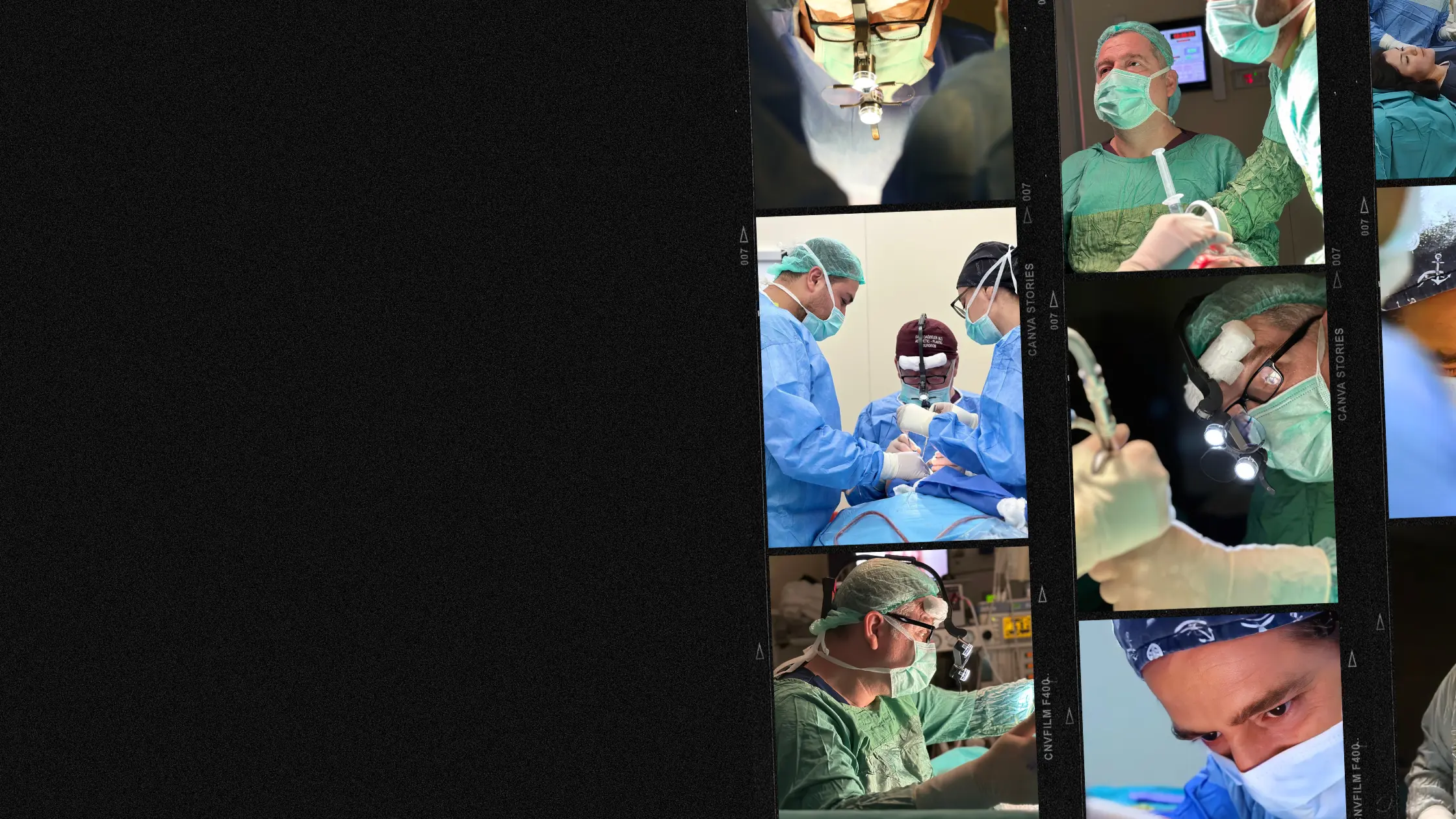How Long After a Face Lift Can I Exercise: Your Post-Surgery Fitness Guide
Undergoing a facelift, or rhytidectomy, is a significant step towards rejuvenating your appearance and boosting your self-confidence. However, attention to post-operative care is crucial to ensure optimal results and prevent complications. A common question many patients have is, "How long after a facelift can I exercise?" This article will provide a comprehensive guide on post-surgery fitness, including timelines, types of exercises, and recovery phases. Understanding these aspects will help you return to your routine safely and effectively.
Why Exercise Post-Facelift Matters
Exercise is beneficial for overall health and well-being, but post-surgery, it’s especially important to approach physical activity with caution. Engaging in exercise too soon or too intensely can lead to complications such as swelling, bruising, and even disruption of the surgical results. Conversely, a structured and gradual reintroduction of exercise can enhance the healing process and improve overall outcomes.
Phases of Recovery
The recovery process after a facelift can be divided into several phases, each with its own set of guidelines and precautions.
Immediate Post-Surgery (First Week)
During the first week after surgery, the focus should be on rest and allowing your body to heal. Strenuous activities, including any form of exercise, should be avoided. Light walking around the house is permissible to promote circulation and reduce the risk of blood clots.
Early Recovery (Weeks 2-4)
In the second to fourth weeks post-surgery, you can gradually begin to reintroduce light activities. Gentle stretching and short, slow-paced walks are recommended. Avoid any activities that significantly increase your heart rate or blood pressure, as this can lead to increased swelling and bruising.
Intermediate Recovery (Weeks 5-6)
By the fifth to sixth week, most patients can start to incorporate more moderate activities into their routine. This can include low-impact exercises such as stationary cycling, yoga, and light strength training. It’s important to listen to your body and avoid overexertion.
Full Recovery (After Week 6)
After six weeks, patients can typically return to their regular exercise routines, including more vigorous activities such as running, weight lifting, and high-intensity interval training (HIIT). However, it’s advisable to get a final clearance from your surgeon before resuming any intense physical activities.
Types of Exercises
Cardiovascular Exercises
Cardiovascular exercises such as walking, cycling, and swimming are generally safe to begin once your surgeon gives the go-ahead. Start with low-intensity workouts and progressively increase the duration and intensity as tolerated.
Strength Training
Strength training can be reintroduced gradually, starting with light weights and focusing on exercises that do not strain the facial muscles. Avoid heavy lifting and exercises that require excessive straining during the initial recovery phase.
Flexibility and Stretching
Flexibility exercises and gentle stretching can be beneficial for maintaining mobility and reducing stiffness. Focus on gentle movements that do not place stress on the surgical areas.
Signs of Overexertion
It’s crucial to be aware of the signs of overexertion and take immediate action if they occur. Signs include:
- Increased swelling or bruising
- Severe pain or discomfort
- Feeling lightheaded or dizzy
- Increased heart rate
If you experience any of these symptoms, stop exercising immediately and consult your surgeon.
Conclusion
Returning to exercise after a facelift requires a balanced approach, considering both the benefits and risks. By following a structured recovery plan and listening to your body, you can safely reintroduce physical activity and enjoy a smooth recovery.
Call to Action
If you have any questions about post-surgery care or are considering a facelift, I invite you to make an appointment at Dora Hospital. Your health and satisfaction are our top priorities, and we are here to guide you at every step of your recovery journey. Contact us today via WhatsApp at +90 507 178 17 79 or visit our contact page for more information.


